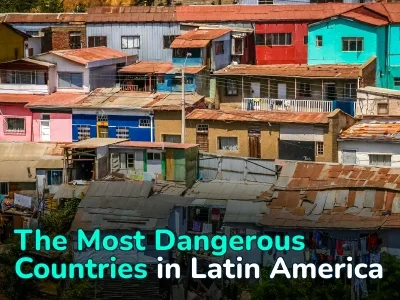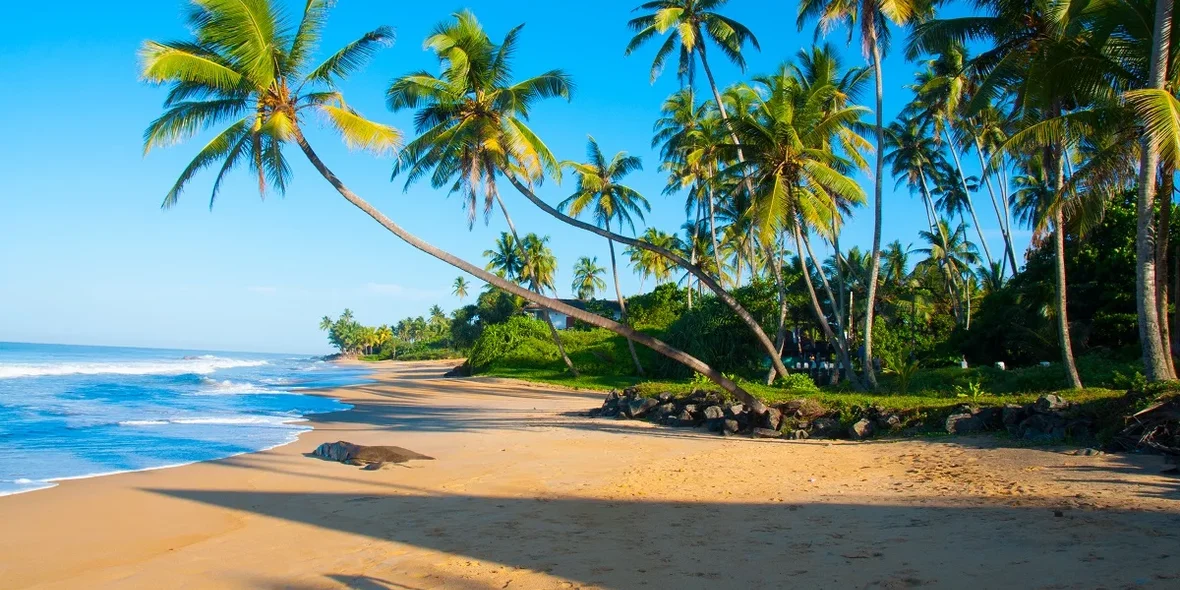
How to live in Sri Lanka: how much money you need and what to be prepared for
Sri Lanka is an island country in the southern Indian Ocean. It is known for its beaches, rainforests, and ancient temples. But what is it like to live in this country? We discussed with Ivan the pros and cons of living in Sri Lanka, the mentality of the Sri Lankans, food and rent prices.
“Most people who come here are freelancers.”
— In my 37 years I have had time to try myself in many things: before Sri Lanka I worked in an office for a long time, holding positions from manager to commercial director; after that, I got my skipper's license and began to engage in authoring trips on a yacht and on a catamaran in different countries, especially in the Balearic Islands. I came to Sri Lanka for the wintering and lived there for three months. Unfortunately, yachting is not developed here because the locals do not allow it: if you rent a yacht, it is only possible to be there with their captain.
I chose Unawatuna to live in Sri Lanka because it is considered the center of the entire tourist area of the country (it stretches from Hikkaduwa to Weligama/Matara). Like anywhere else in Sri Lanka, I alternated between work and leisure, but here, on top of everything else, I had a villa with direct access to the ocean and a view you can only dream of. So, my freelance weekdays looked something like this: up, breakfast, coffee with a view of the ocean, work, sometimes breaks for surfing, and in the evening—a game of board games, poker, etc.
By the way, most of the foreigners here are exactly freelancers. The main thing is to find a good Internet for work because there might be some nuances: the homes here are either connected to the usual operator with a speed of a maximum of 30 m/s, or they lay a fiber optic cable (but it is not everywhere). So this point should definitely be clarified when you rent a house.
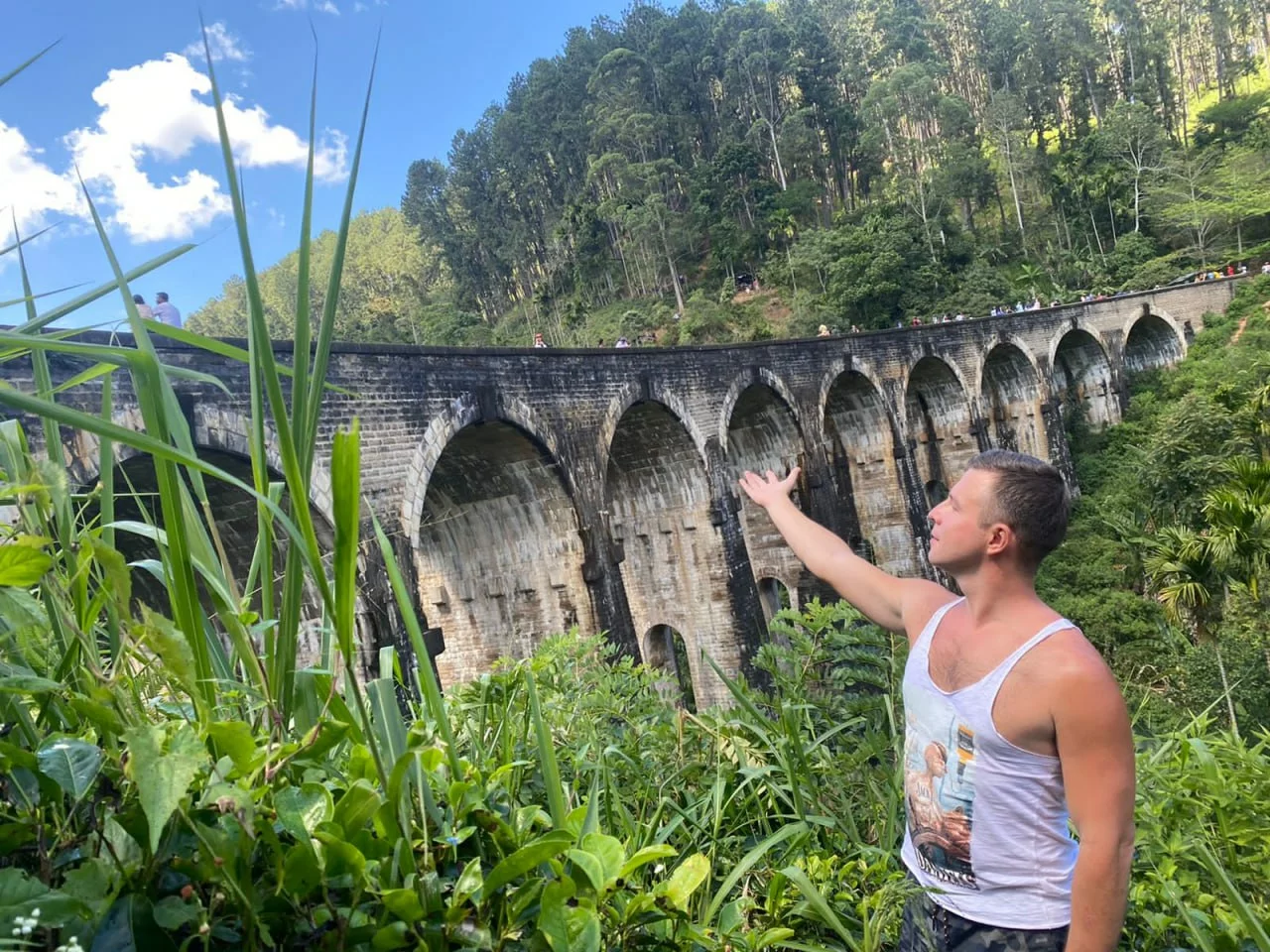
“The average local's salary is $65.”
— Sri Lanka is a poor country: the average salary of almost any local resident is 20,000 Sri Lankan rupees (that's about $65). There is, of course, the capital Colombo, where the standard of living is higher, but the rest of the districts are poor.
The consequence of this is a special trait of the locals—they are kind, friendly, etc., but when it comes to money, cunning and greed come to the fore. An example is tuk-tuk drivers (drivers of local transport): you can negotiate the price, but in the end they may not get you to the needed location, saying that you should pay more.
The same may be encountered with rental housing: you may be asked for extra money for cleaning, garbage disposal, and utilities, although initially, it was not even a question. So when you rent a place, be sure to ask and write everything in the contract (although sometimes it may not help).
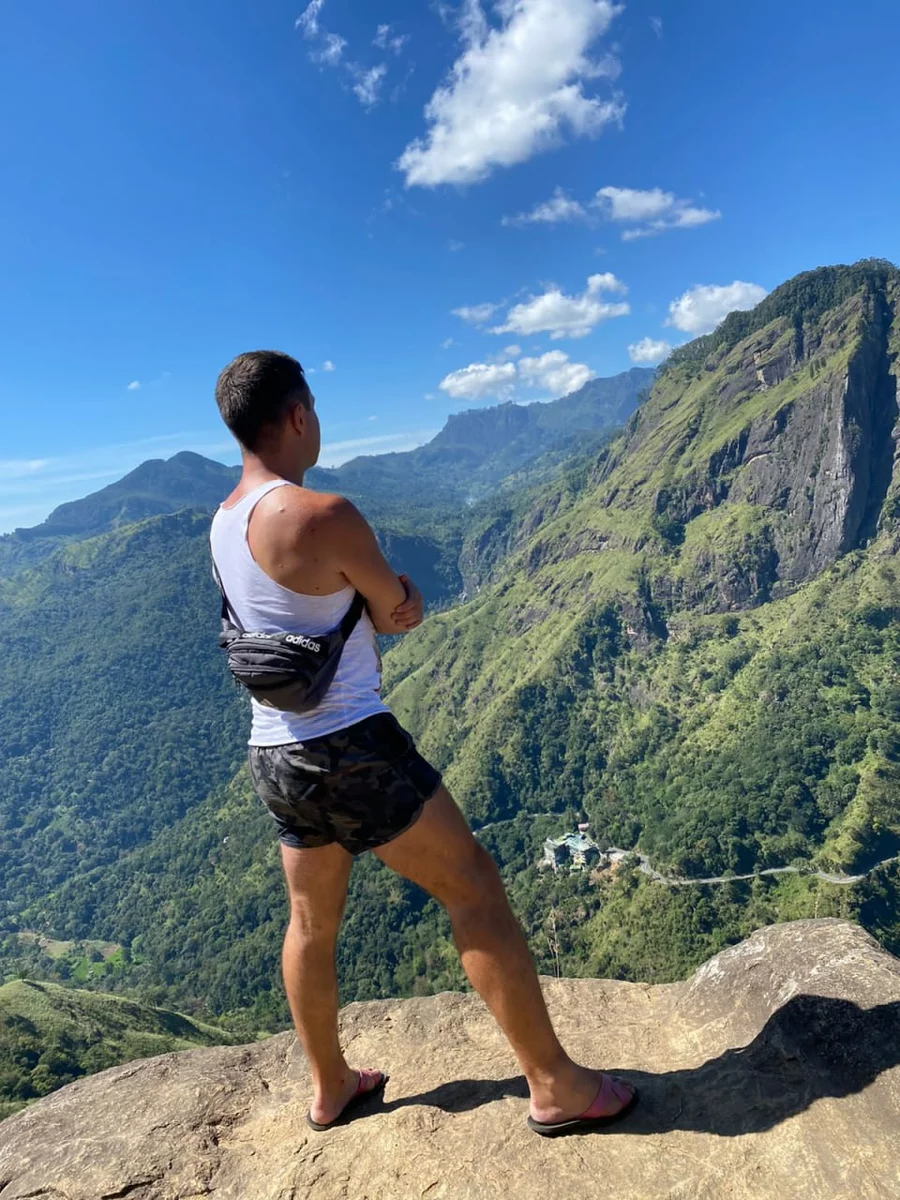
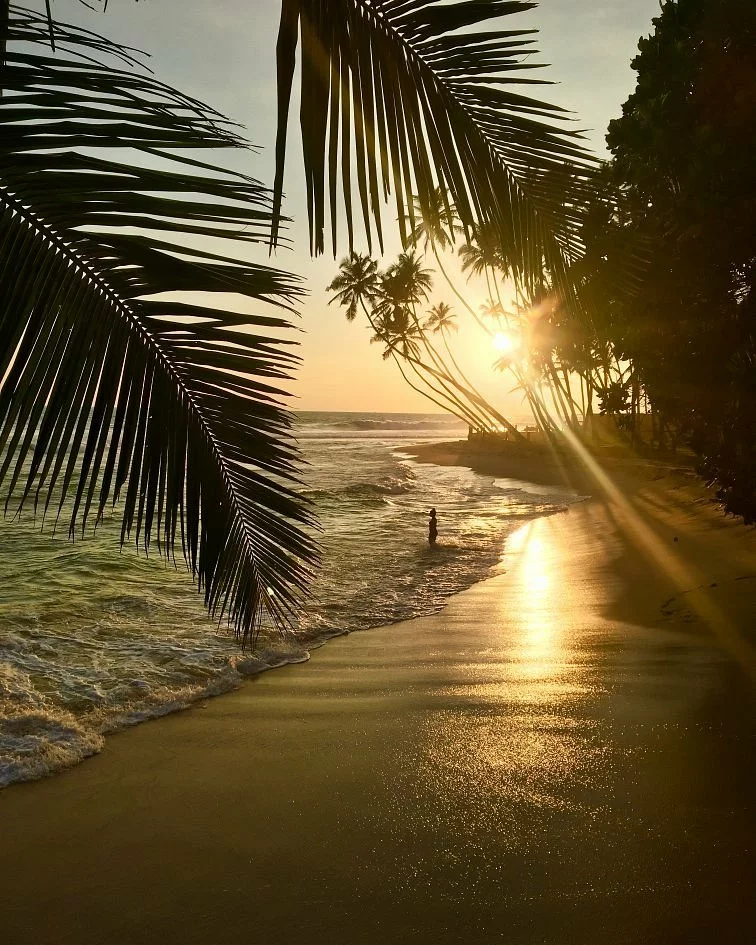
To the disadvantages of local life I can also accurately attribute the food, as it is prepared here poorly: if you go to any café and try something tasty, it means that 100% of foreigners took part in it. It takes a very long time to get the food you ordered: you can often wait for an hour or more.
Also, I'm not thrilled with the public city medicine—it's horror and some separate world: once I arrived with cuts at 2 am, so I started to be stitched only at 12:00 pm, and I lay first in the corridor, then in the hall, and the bed was without a sheet and no pillow. In a paid clinic, when they bandaged up, everything was done clearly, and in the end, it came out quite inexpensive.
Of course, the pluses of life in Sri Lanka are also many: I like the ocean, air, mountains, and a variety of fruits and seafood at low prices. I think everyone knows about the local tea. Also, the country has a lot of factories where they make brand clothing, so you can freely go here with an empty suitcase and shop locally.
“The most money is spent on rent and scooters.”
— In Sri Lanka, almost everything is cheap, and surprisingly, it makes the money go even more inconspicuous. Here are some examples of local rates:
- A cab from the airport to the tourist area costs about $40, but it's not a short drive.
- A tuk-tuk 5 km is 700 rupees ($2.30).
- Scooter rental costs 35,000 rupees/month, which is about $115 (if you take it by the day, it will be much more expensive).
- Clothing: for 17,000 rupees ($55) you can buy 4 T-shirts, a shirt, shorts, and 6 swim trunks.
- King prawns 1 kg—2,200 rupees ($7).
- Squid 1 kg—Rs 1,000 ($3).
- Miscellaneous fish 1 kg ± 1500 rupees ($5).
- Alcohol is sold only in specialty stores: beer costs 420 rupees ($1.3), and Calypso rum is 4200 rupees ($14).
- Sit in a café by the ocean for 3000-4500 rupees ($10-$15), away from the water—1500 rupees ($5). But you have to know the places.
- Rent of housing can be found from $250/month, depending on wishes.
Thus, you can calculate how much money you need to live in Sri Lanka:
- Housing—$300.
- Utilities—$60.
- SIM card—$15.
- Scooter—$120.
- Food—$60 (if you cook yourself).
Total—give or take $555.
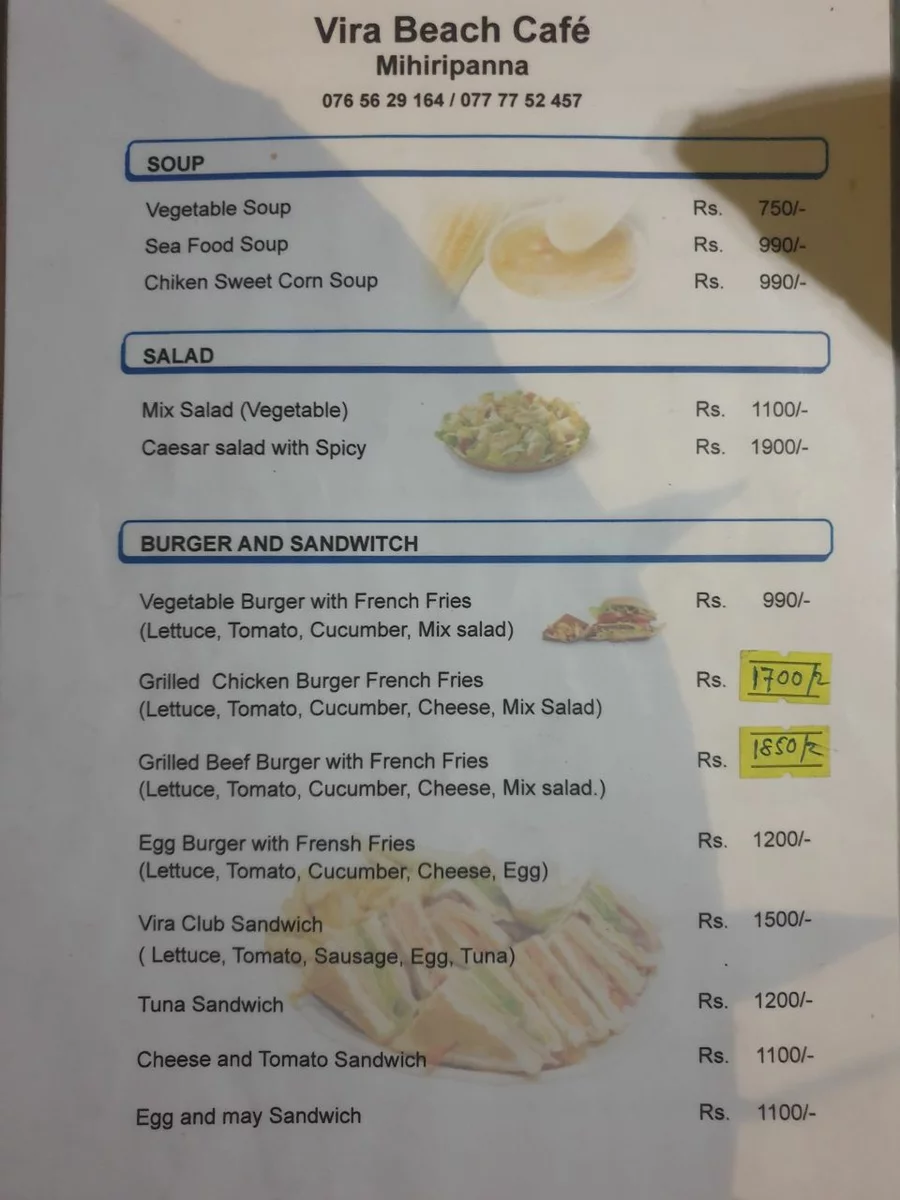
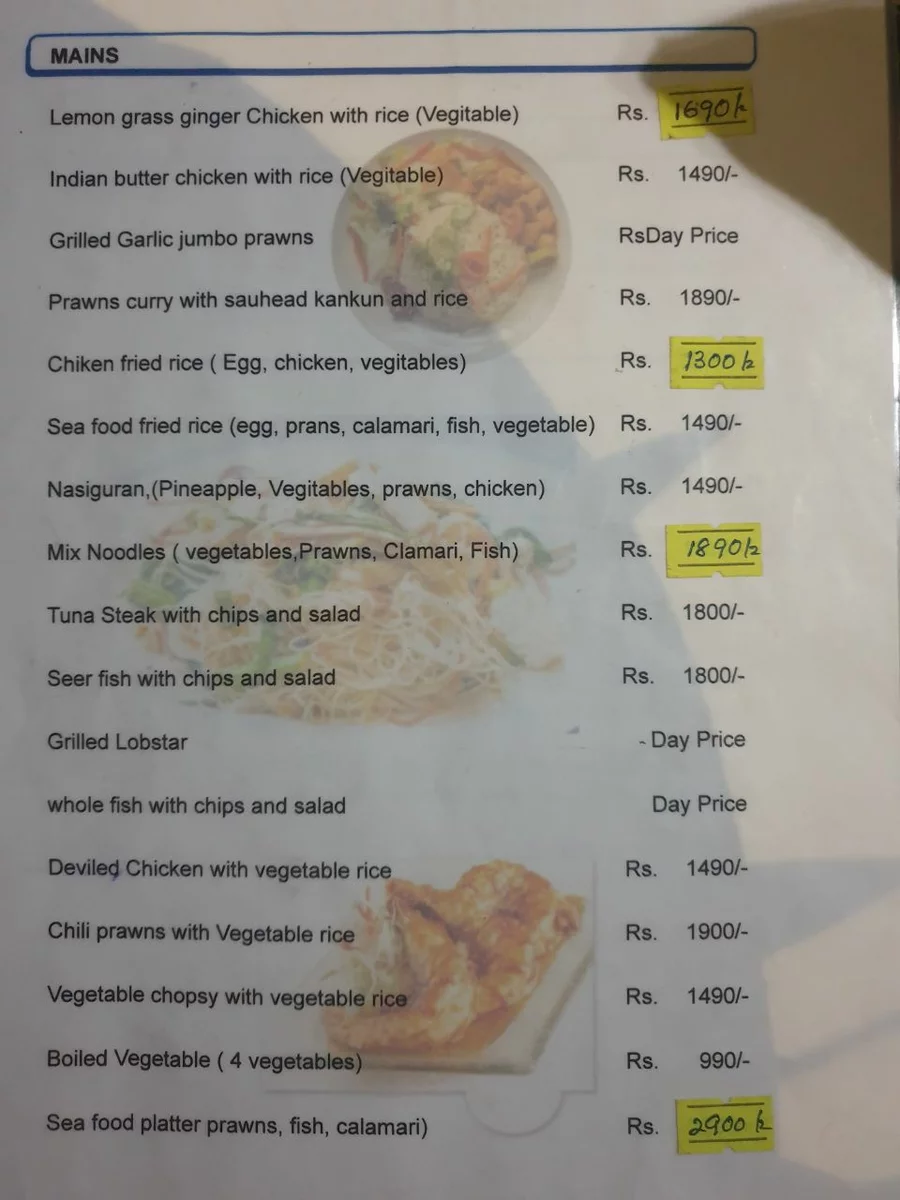
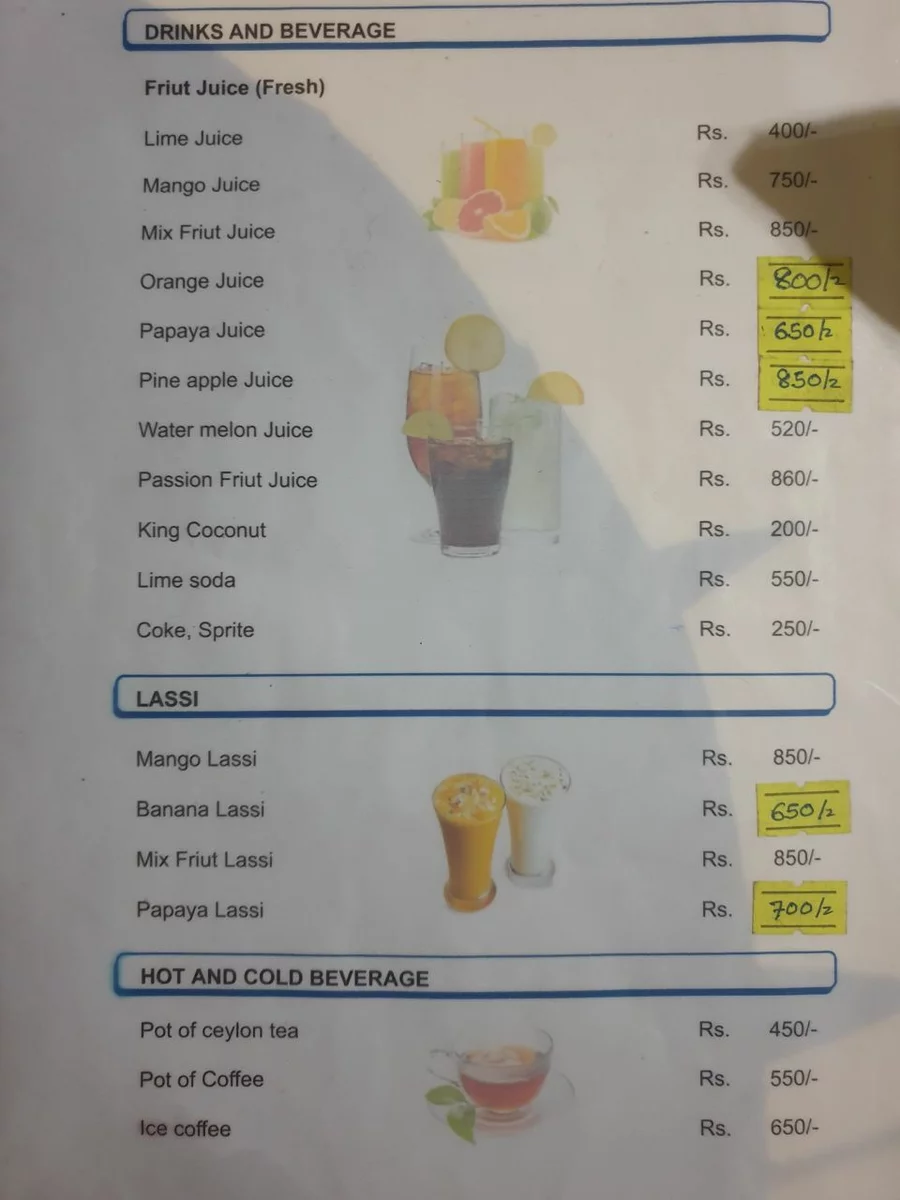
“It is almost impossible to buy property by the sea in Sri Lanka.”
— Renting an apartment in Sri Lanka is possible for $250, it depends on location, number of rooms, availability of appliances, air conditioning, and swimming pool (each of these items add to the cost of $30).
With rentals in the country a lot of people are working, just write in chat rooms (Telegram, Facebook) on your search, and you will be bombarded with offers. If you rent through realtors, you will have to pay $100 more, but you can be safe because realtors are working with proven locals.
Buying a property by the sea in Sri Lanka is almost impossible, and if you get it, you can lose it—the locals have their own methods by which they can take away your property with their lawyers or achieve a ban on your entry into the country. So to avoid unnecessary trouble, it is better to buy property further away in the jungle or in high-rise buildings.
Note. Foreigners can buy property in Sri Lanka, but they will have to pay a land tax of 100% of the value of the object. You can avoid this by choosing an apartment in a condominium on the fourth floor or higher.
Keep in mind that a foreigner can buy a house with a plot of land only in a long-term lease for 99 years or make the deal a legal entity registered in Sri Lanka. In the case of a long-term lease, the land tax will be 7%.
As for prices, according to the service Numbeo, the cost per square meter in Sri Lanka ranges from $1,046-$1,342.
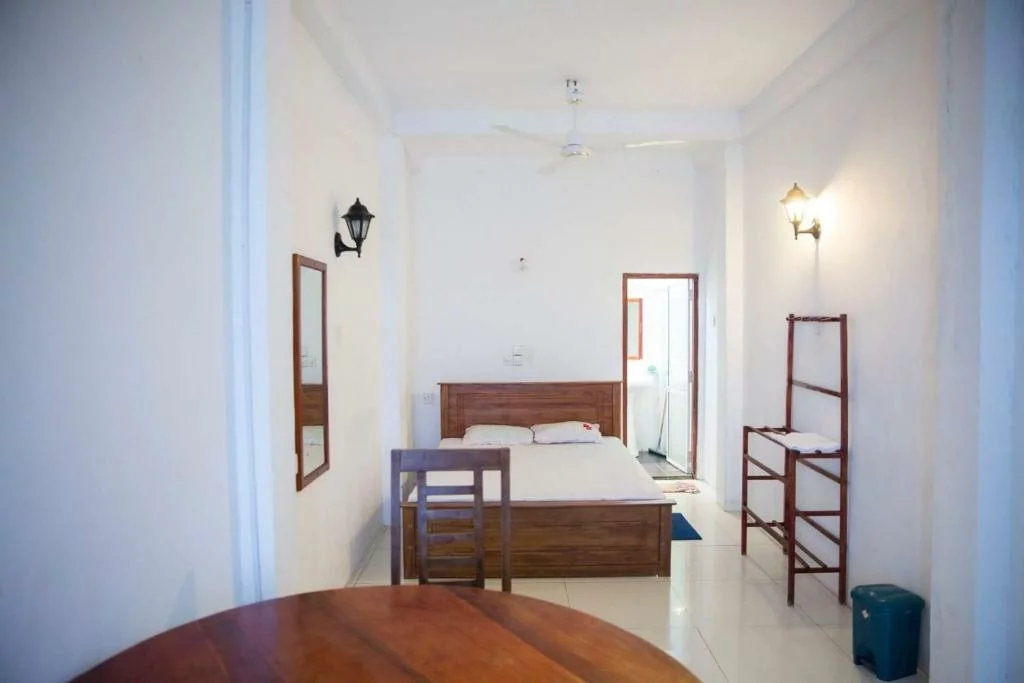
— In essence, Sri Lanka is a big village without any infrastructure, unless you live in the capital. On the other hand, what do you need? There is food and lodging, a clinic, schools, and transport—in principle, everything is there to live in. But if you want a more active and party atmosphere, it's better to choose Thailand or Bali.
With the security in Sri Lanka, in general, all is well. The main thing is to live amicably with the locals, trying not to walk in deserted places at night, and not sit in a tuk-tuk, when there is a driver and a passenger.
In short, if you're devoid of excessive pathos and love Asia—Sri Lanka will definitely suit you. If you prefer Europe, then the local life is unlikely to fit your taste.
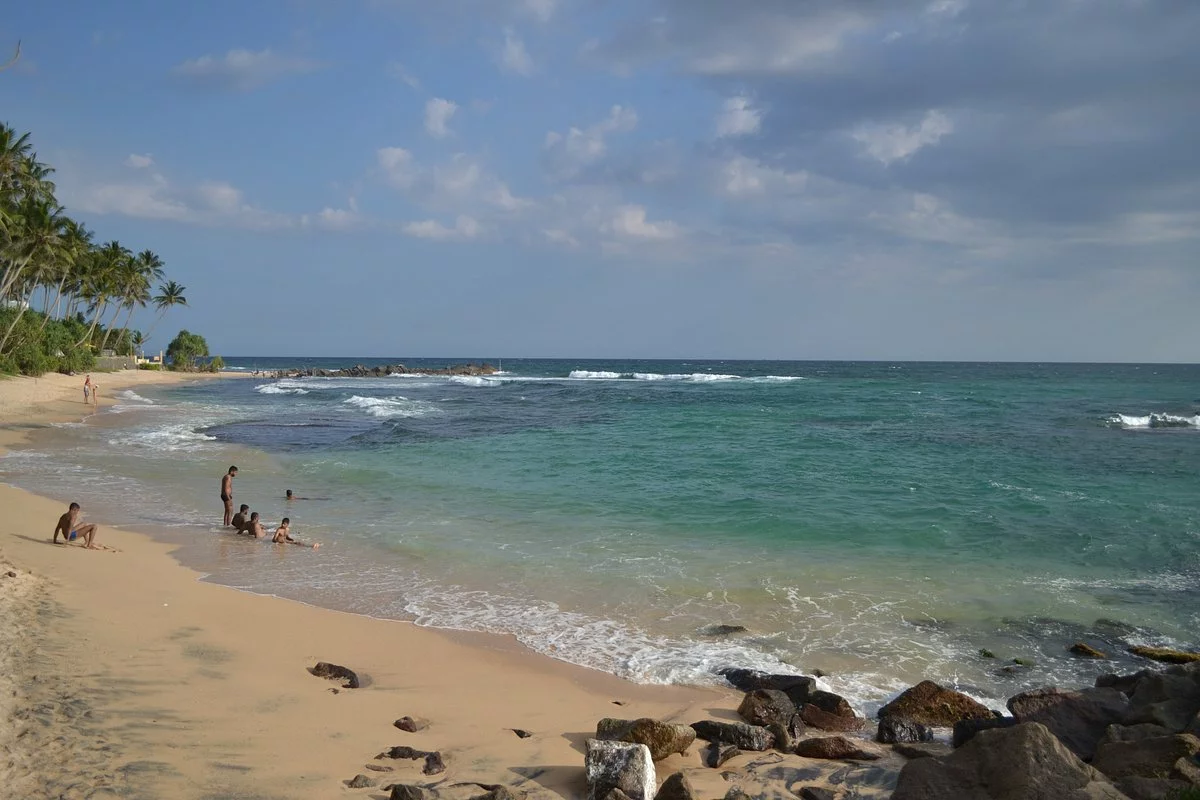
Do you want to share your personal experience of relocating and living in another country? Email us at info@realting.com. We will be happy to tell your story.
Author
I am responsible for editorial work. I write expert interviews and guides.






















